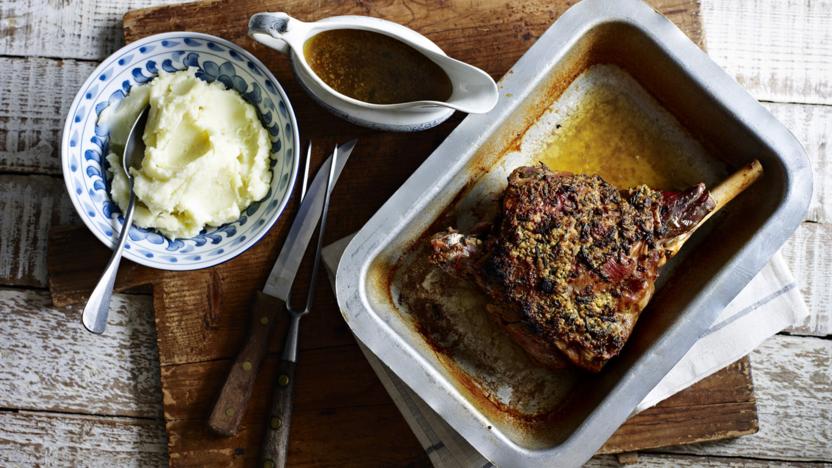 Things to help you organise...
Things to help you organise...If you have followed this blog for some time you will know I am a great fan of Evernote. It's an organising and productivity tool - you can keep everything you need to remember in one place including handwritten notes, photos of receipts and documents....and much more. They have just released Evernote for Gmail or Outlook which lets you take what matters out of your inbox and into a distraction-free workspace where you can curate your content, add context, and stay focused. Whilst I am not suggesting you do this for NHS business you might find it very useful for organising the rest of your life.
Things about rare diseases...
The measurement of quality of life in the context of spinal muscular atrophy (SMA) is challenging. This is because the disease is experienced by children and is rare, which makes data collection difficult. There are also practical and methodological challenges associated with capturing quality of life in paediatric populations. For children, it may be necessary to use proxy reporting (with a parent, for example). It can also be difficult to disentangle changes in quality of
life that arise as a result of age-related or developmental changes, rather than because of a disease or its treatment.This briefing from the Office of Health Economics reports on a symposium that outlined some lessons that can be learnt from the SMA context that might be more widely applicable to other rare diseases.
Things about measles...
Sheffield City Council are promoting MMR vaccinations. In 2018, there were over 900 laboratory-confirmed measles cases in England. They want to make sure that all pre-school children are protected from Measles, Mumps and Rubella and are fully vaccinated before they start school this September. They are urging parents and guardians of all pre-school children to check with their GP that they are fully up to date with the 2 doses of the MMR vaccine.
Things about inhalers...
A new patient decision aid highlights that some inhalers have a much higher carbon footprint than others. The aid will help people with asthma, alongside health professionals, to identify which inhalers could meet their needs and control their symptoms. Where several inhalers could be viable options, patients can opt for the more environmentally friendly option, which may help to cut the health service’s carbon footprint. The new aid, partially funded by the Sustainable Development Unit, also says that all used inhalers should be returned to local pharmacies for environmentally safe disposal or recycling. The aid includes links to a new series of short videos created by Asthma UK, which give simple demonstrations of correct inhaler technique, potentially improving their effectiveness and preventing future exacerbations and attacks.
Things about opening hours...
There are some changes over Easter to our library opening hours. We will be closing at 5pm on Thursday 18th April and closed completely on the Bank Holidays (Good Friday and Easter Monday). We will also be closed at 5pm for the rest of Easter Week (23-26 April)
Last chance things...
 Last chance to sign up for the next SCH Randomised Coffee Trial - matching will be happening next week with meetings in May...join the buzz!
Last chance to sign up for the next SCH Randomised Coffee Trial - matching will be happening next week with meetings in May...join the buzz!Things to make...
 For Easter Sunday it has to be roast lamb in our household - this Slow roast leg of lamb with herb rub sounds lovely.
For Easter Sunday it has to be roast lamb in our household - this Slow roast leg of lamb with herb rub sounds lovely.Happy Easter!


















